Concerns that lending rates will increase
In May and June 2024, the average 12-month savings interest rates of joint stock commercial banks increased by 19 and 17 basis points, respectively, compared to the previous month.
The increase in deposit interest rates has led to an increase in banks' input costs, leading to concerns about a rise in lending interest rates as businesses have not yet escaped difficulties since the Covid-19 pandemic.
Seemingly realizing this risk early, the State Bank of Vietnam issued a "hot" directive at the end of May, requiring credit institutions to continue to take drastic measures to reduce costs, simplify procedures, etc., and strive to reduce lending interest rates by 1-2%/year.
Credit institutions are also required to maintain a stable and reasonable mobilization interest rate level, consistent with the ability to balance capital, the ability to expand healthy credit and the capacity to manage risks, stabilize the monetary market and the market interest rate level.
Talking to VietNamNet, some manufacturing enterprises said that lending interest rates have decreased by about 0.5-1%/year compared to this time last year, especially lending interest rates at four state-owned commercial banks: Agribank, Vietcombank, VietinBank and BIDV.
In fact, in the past two months, deposit interest rates have only increased at joint stock commercial banks, especially small-scale banks. Meanwhile, at the big 4 group, interest rates have remained almost unchanged.
According to FiinRatings, the upward trend in deposit interest rates over the past two months may pose risks to corporate bonds with floating interest rates. The reason is that these bonds are determined to have interest rates based on the risk premium of savings interest rates of major banks.

Opportunity to issue long-term bonds
FiinRatings believes that: Less excess liquidity in the system will also lead to state-owned banks increasing deposit interest rates in the coming time, causing risks for bonds paying interest under the floating mechanism. Bondholders of these bonds will face higher interest costs and need to balance cash flow to pay interest. The reversal of interest rate trends will also be an important factor affecting businesses' plans to mobilize capital through bond channels this year.
However, this is a catalyst for long-term bonds with fixed interest rates. Thereby, businesses will also promote the issuance of long-term bonds with fixed interest rates to take advantage of the low interest rate environment as well as reduce interest rate risks.
“Although interest rates at private banks have bottomed out since April, interest rates at state-owned banks remain stable, so interest costs for floating coupon bonds (based on the average savings interest rate of Big 4 banks) have not yet been affected for the time being,” FiinRatings said.
According to FiinRatings, the demand for credit capital in general and bond issuance will improve significantly in the second half of 2024 thanks to signs of recovery in the manufacturing sector in general, reflected in the growth of raw material imports; the policy of loosening monetary and credit policies to continue supporting economic development and business recovery; and signs of recovery in some key industries including affordable housing real estate in some localities.
Speaking with VietNamNet, economic expert Associate Professor, Dr. Dinh Trong Thinh said that concerns about a sharp increase in interest rates are unfounded, and if there is an interest rate increase, it will only increase slightly and will not affect the recovery of businesses and the economy too much.
“The State Bank is asking commercial banks not to increase lending interest rates from now until the end of the year. In fact, with the current interest rate level, a slight increase in interest rates will not have too much of an impact,” Associate Professor, Dr. Dinh Trong Thinh said.
The primary market in May 2024 witnessed strong growth with a total issuance value of VND 23.2 trillion, mainly from credit institutions, while the Real Estate group decreased by 30.3% compared to the previous month. Taking advantage of low interest rates, credit institutions have increased the issuance of medium and long-term bonds to ensure the safety ratios of the State Bank as well as to prepare capital sources when credit growth is likely to recover in the second half of the year. In the secondary market, in May 2024, the value of individual bond transactions increased significantly to more than VND 106 trillion (up 43.7% compared to the previous month). The Banking and Real Estate sectors still accounted for the majority of transactions, with the value of bank bond transactions increasing sharply by more than 80%, and real estate increasing by 18%. The Bank Bond group has a yield rate ranging from 5-9%, while the non-bank corporate group has a yield rate from 7-13%. With the recovery of the macro economy, Fiin Ratings forecasts that the demand for borrowing and issuance of corporate bonds will accelerate in the second half of 2024, helping credit growth to fulfill the State Bank's target of 14-15% for the whole year. |
Source: https://vietnamnet.vn/lai-suat-huy-dong-tang-tro-lai-co-dang-ngai-2300210.html





![[Photo] Thousands of Buddhists wait to worship Buddha's relics in Binh Chanh district](https://vstatic.vietnam.vn/vietnam/resource/IMAGE/2025/5/3/e25a3fc76a6b41a5ac5ddb93627f4a7a)


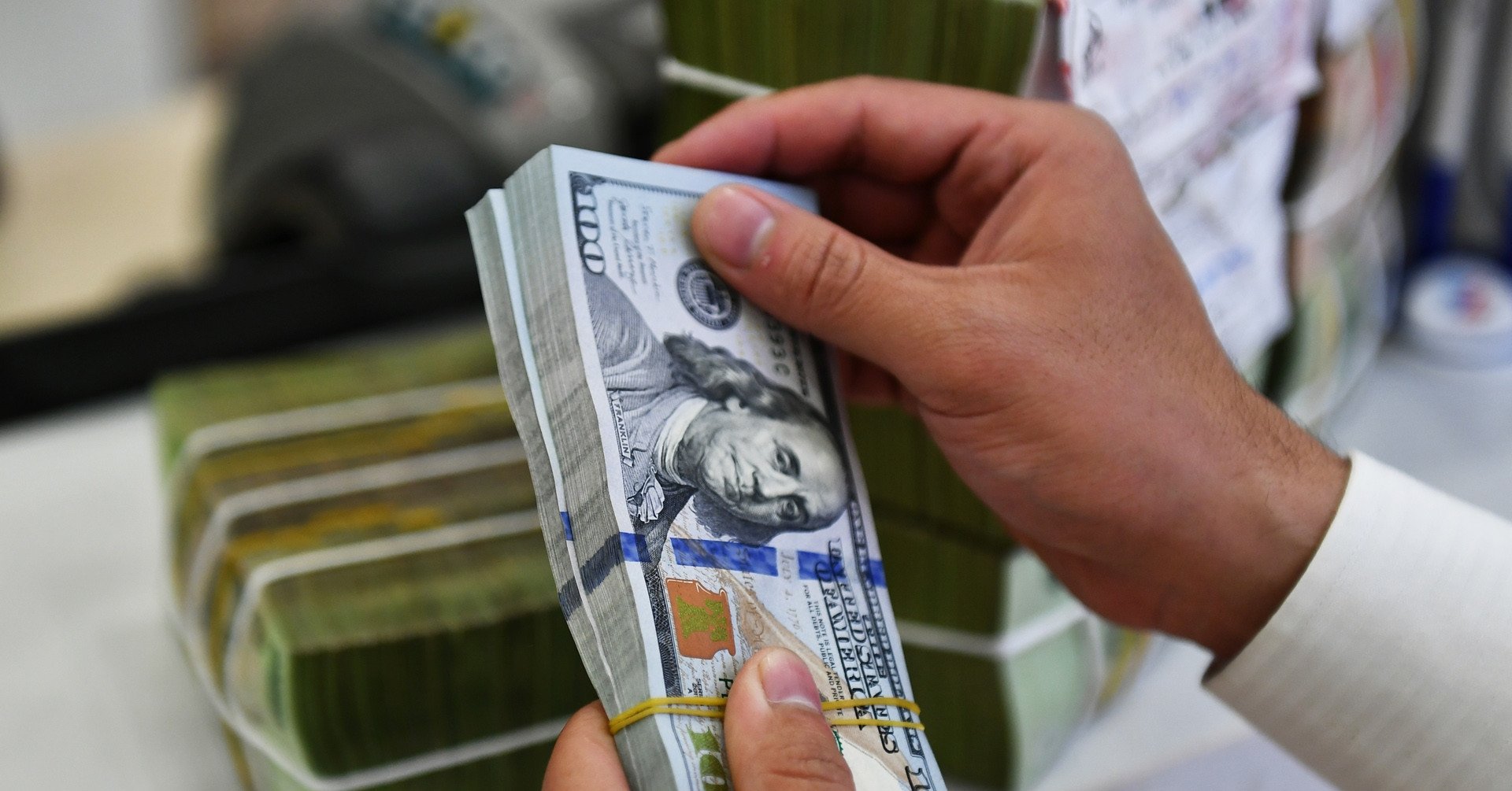

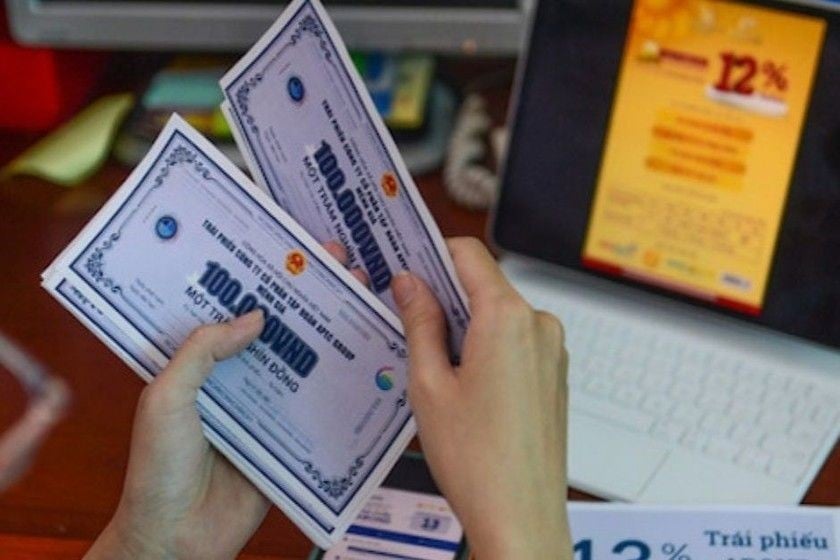

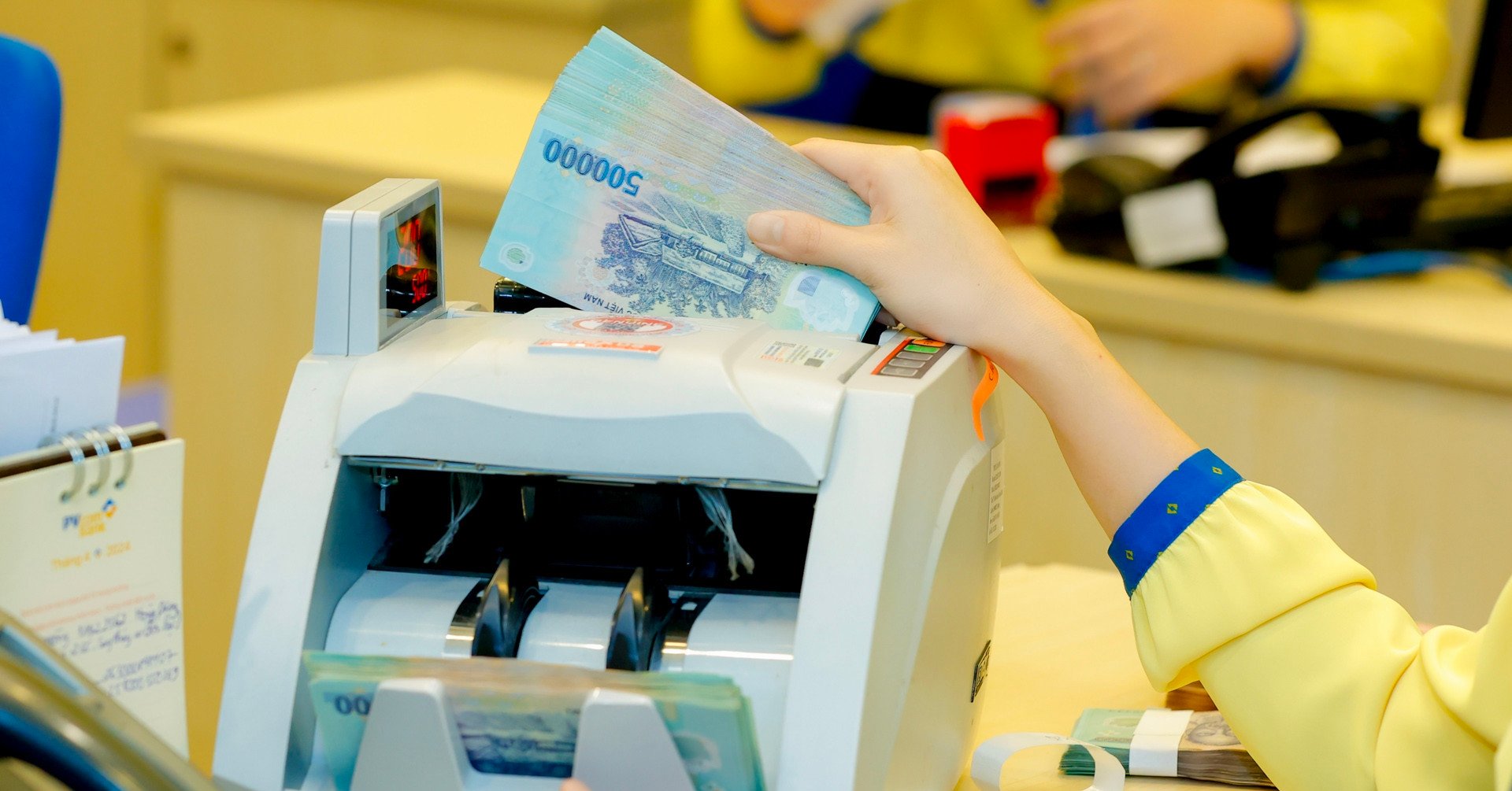
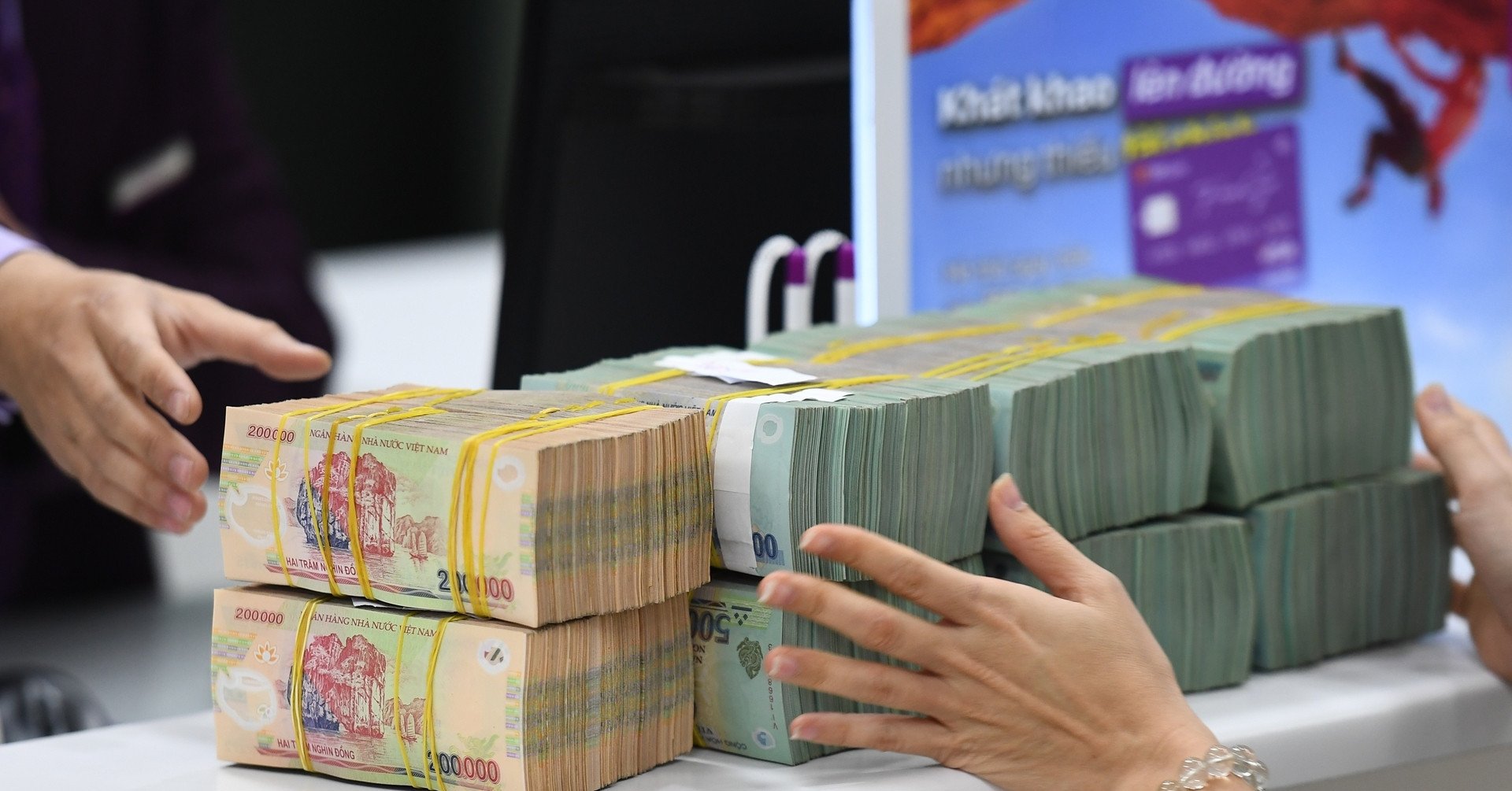






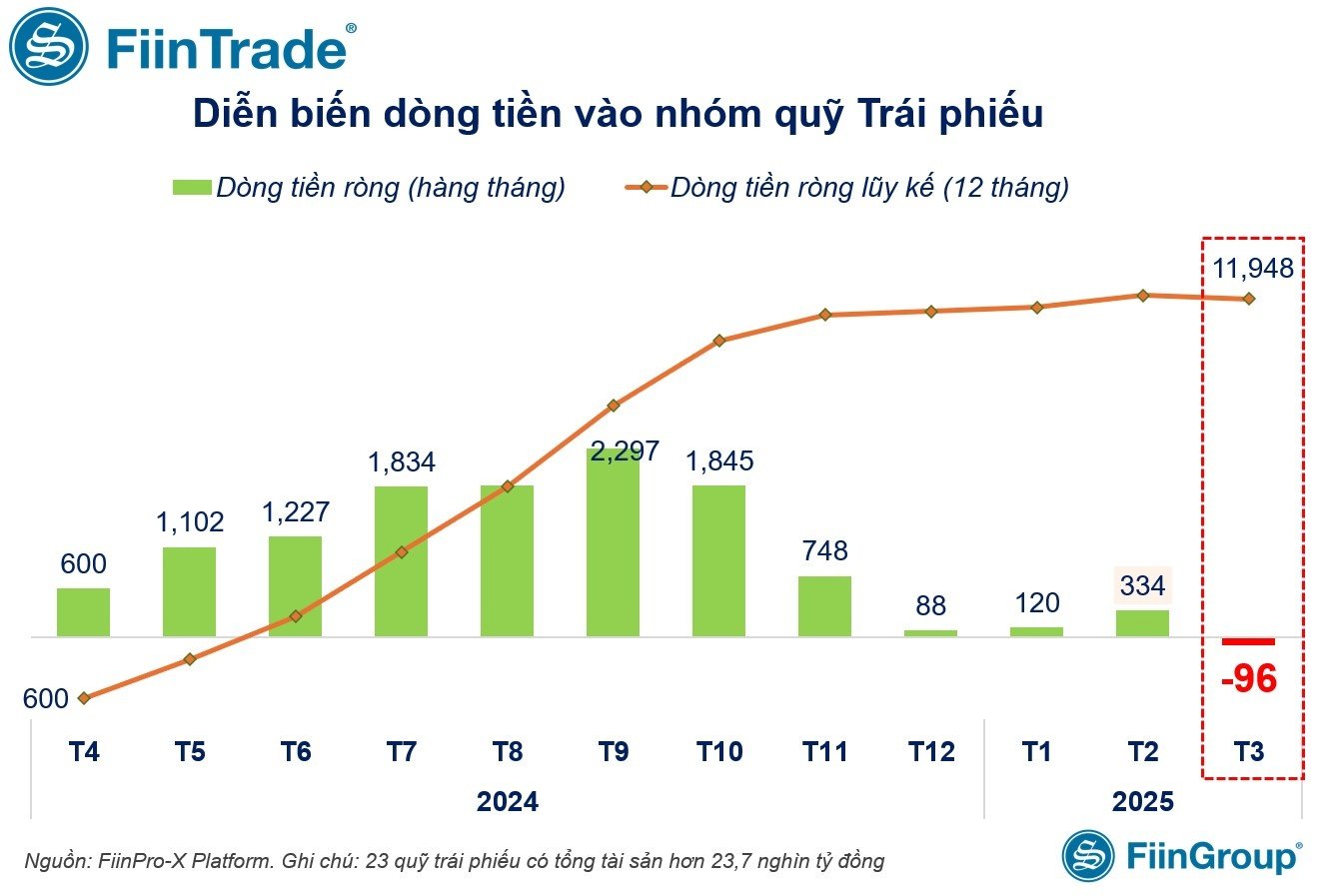























































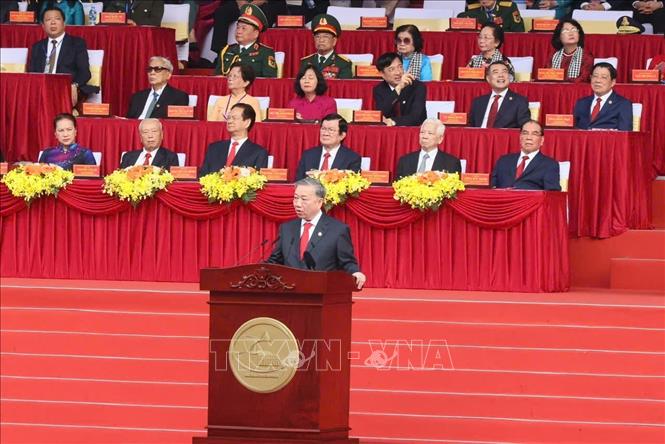





















Comment (0)